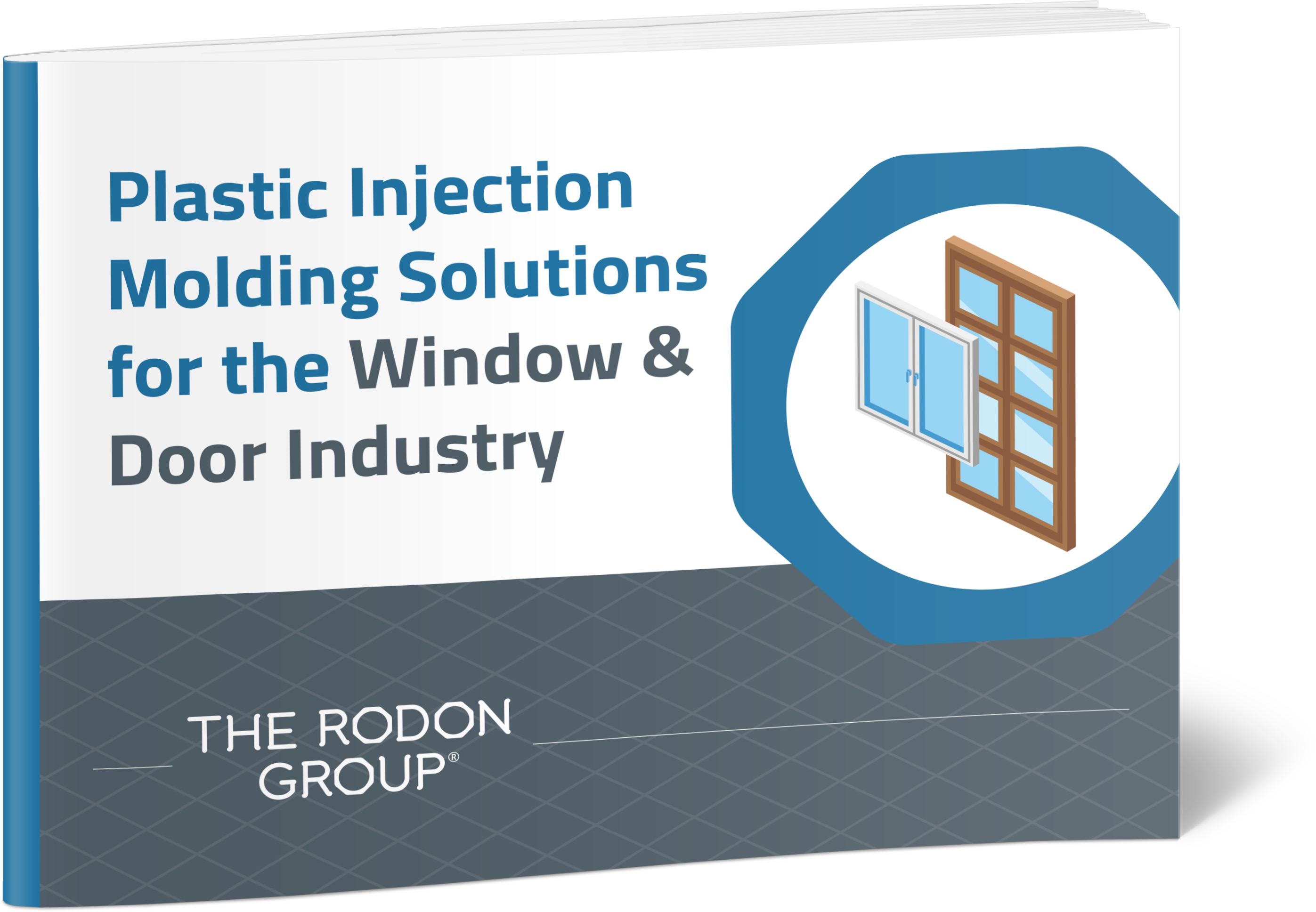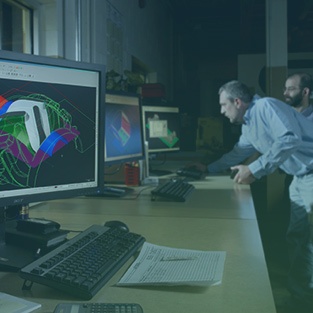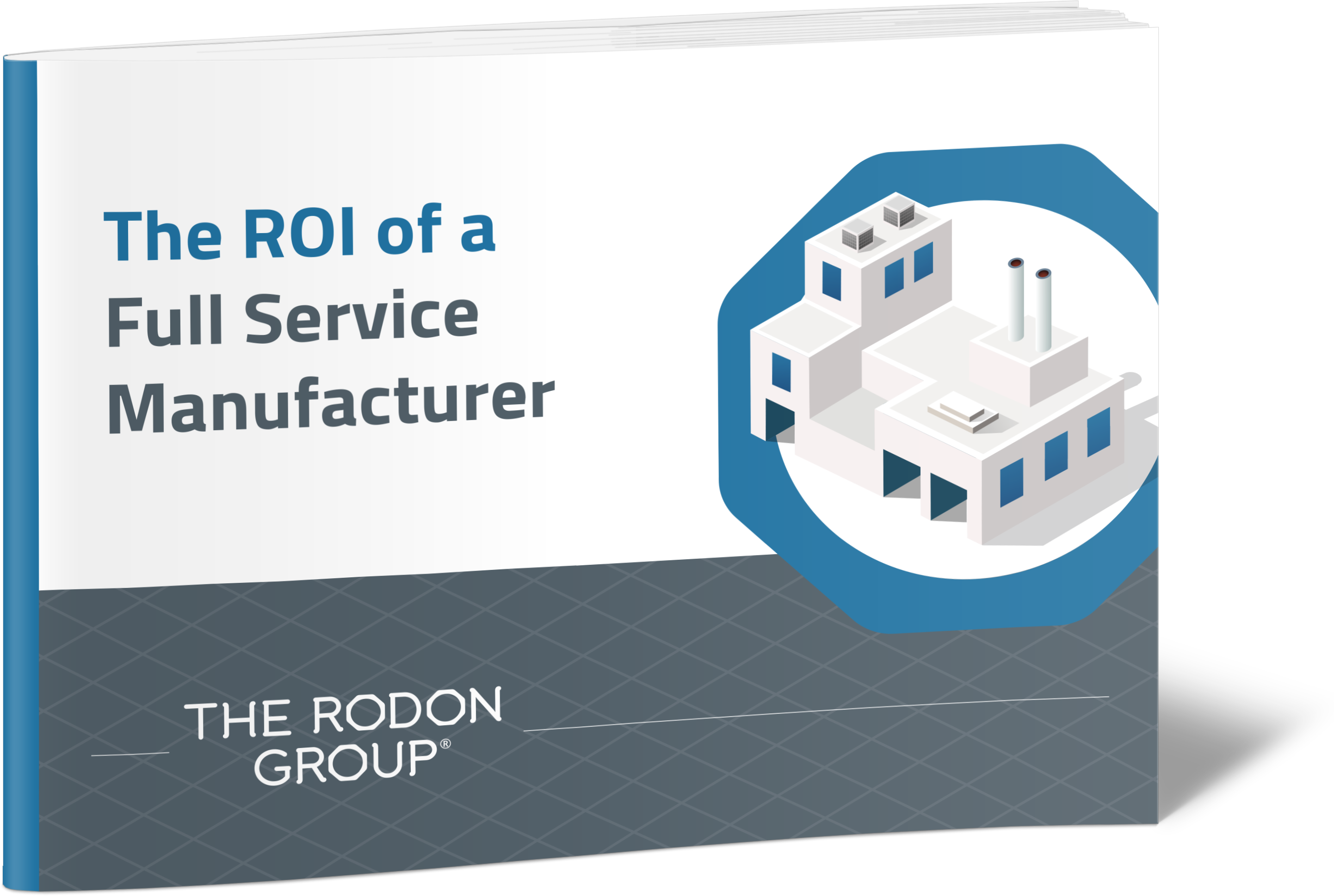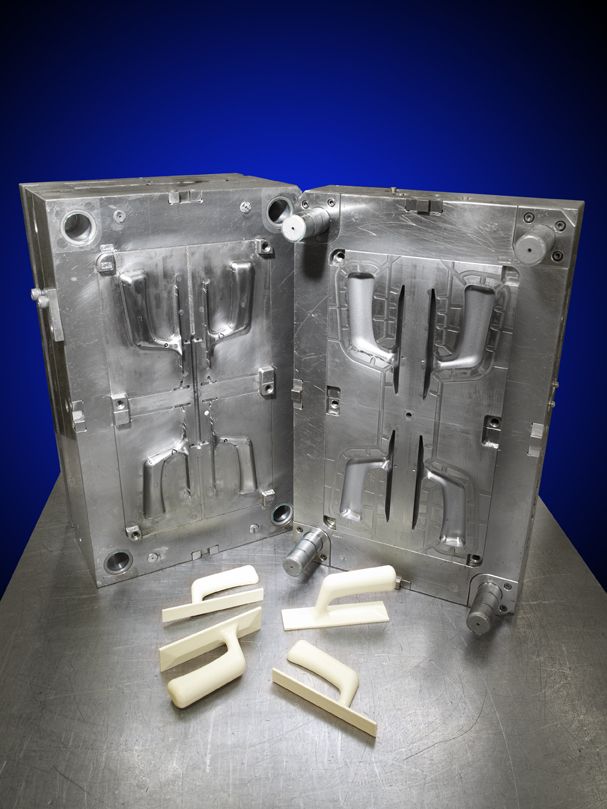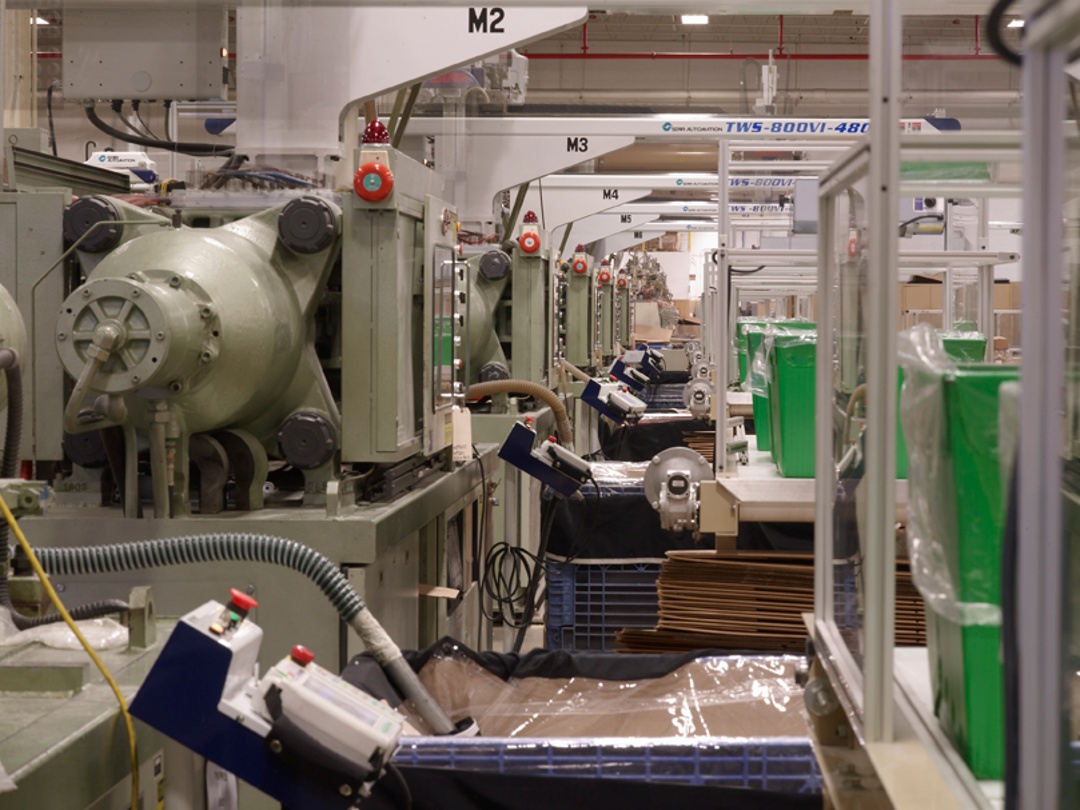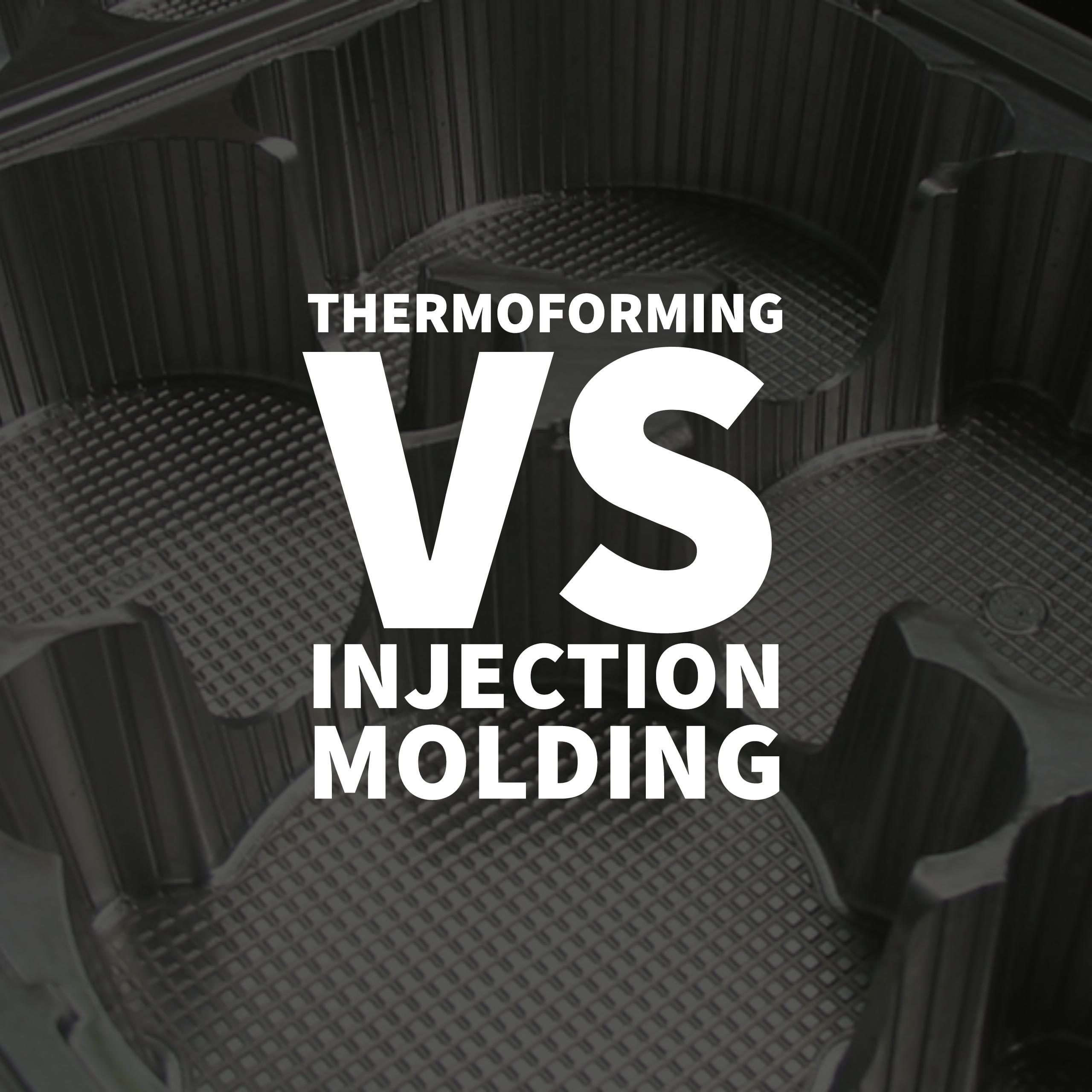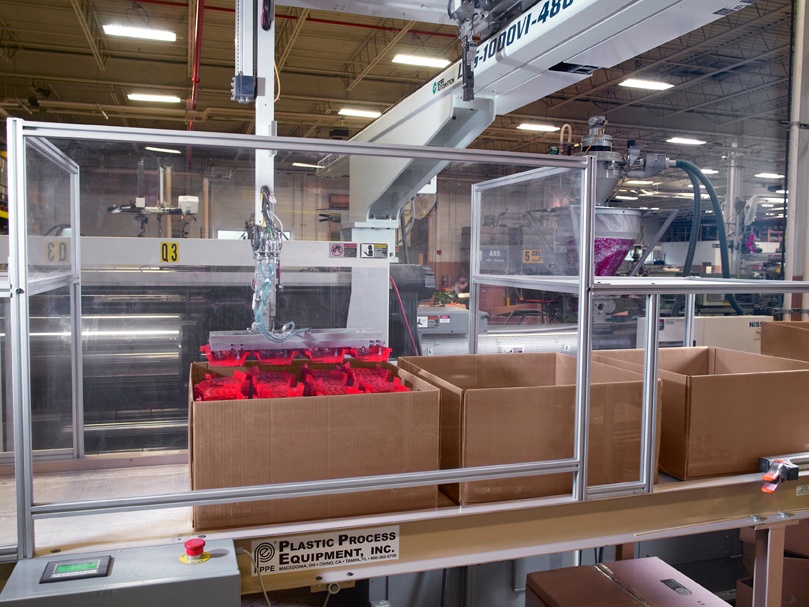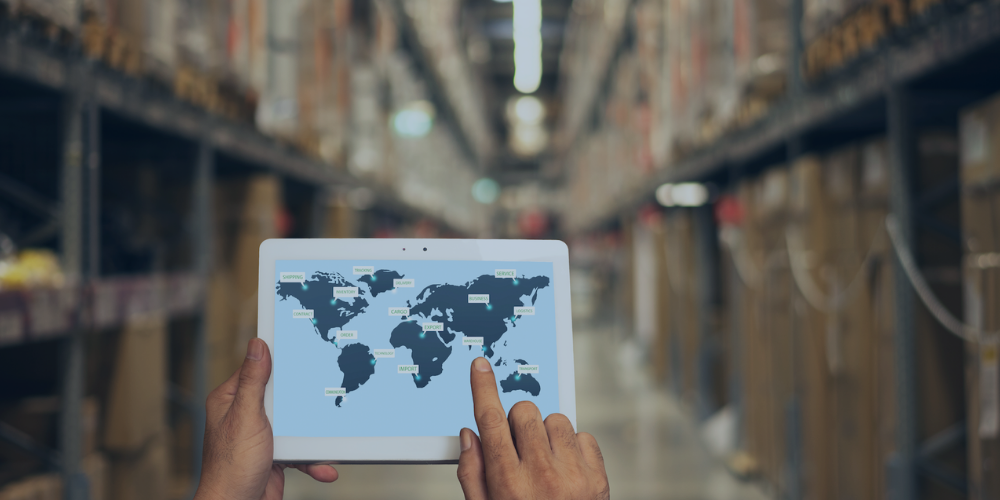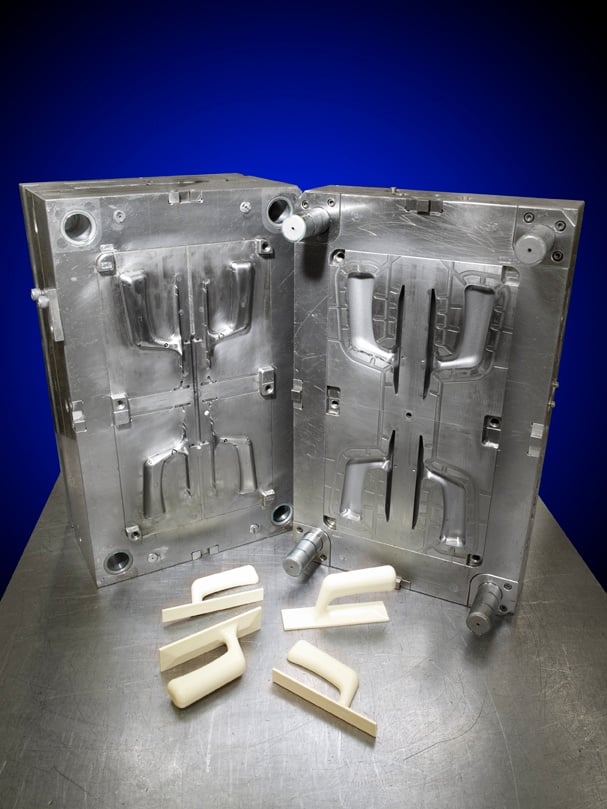The Rodon Group has been an industry leader in high-volume custom plastic injection molding solutions for over 65 years. We are proud to be known worldwide for producing the highest quality precision injection molded components. From concept to completion, we strive to support our customers with guidance and resources to make informed choices for their projects. One of our most requested resources is our new eBook “Plastic Injection Molding Solutions for the Window & Door Industry”.
Manufacturing solid and durable plastic parts requires a plan and design. When you work with a quality manufacturer, you have design engineers readily available to create the perfect piece and build an injection mold for high-volume product creation. Here, the team at The Rodon Group shares a checklist of design considerations you can keep in mind for your next plastic injection molding project.
In The Rodon Group's new eBook, "The ROI of a Full Service Manufacturer," we take a deep dive into how full-service custom manufacturing can help you save time, money, and hassle. This free download offers a detailed look at the many benefits of working with an experienced full-service team.
Many companies utilize offshore manufacturing to save on labor costs and raw materials. When it comes to fabricating plastic injection molds, those savings may seem significant; however, offshore manufacturing often comes with many drawbacks such as shipping delays and low product quality. These issues quickly eliminate any cost benefits associated with Chinese injection molds as they often result in the need for reworked parts.
Plastic injection molding processes are fast, efficient, and precise when conducted by an experienced professional plastic molder using advanced, automated machinery. By using appropriately advanced equipment and automation technology, each manufactured piece will be identical to the initial design file and other units in the order.
Used in all types of industries, plastics provide versatility and strength across a wide range of applications, from automotive body parts to human body parts. Each application requires a unique manufacturing process that can mold the part based on specifications.
Both injection molding and 3D printing are additive manufacturing processes that create highly complex parts using near-identical product runs. Manufacturers can choose from a broad selection of plastics and thermoplastic materials to perform either process, but there are a few applications where injection molding or 3D printing is preferred. If you're choosing which technique to use for your organization, consider the following side-by-side comparison.
As the COVID-19 pandemic continues to devastate global supply chains, many businesses have begun reshoring their operations. This trend is particularly prevalent in manufacturing, although reshoring rates have started to rise throughout the industrial sector in recent weeks. In fact, the Thomas Industrial Survey for April found that 64% of manufacturers are now considering reshoring, compared to only 54% who were thinking about reshoring in March.
As we've progressed from revolutionary inventions such as the light bulb on to the telecommunications age of the radio, phones, and televisions, the methods of manufacturing and product design have evolved as well. Computers, the internet, sustainable power, and everything that comes next is the driving force behind the advances in modern moldmaking in manufacturing. To understand where we are going, however, we must look at how we got here.







